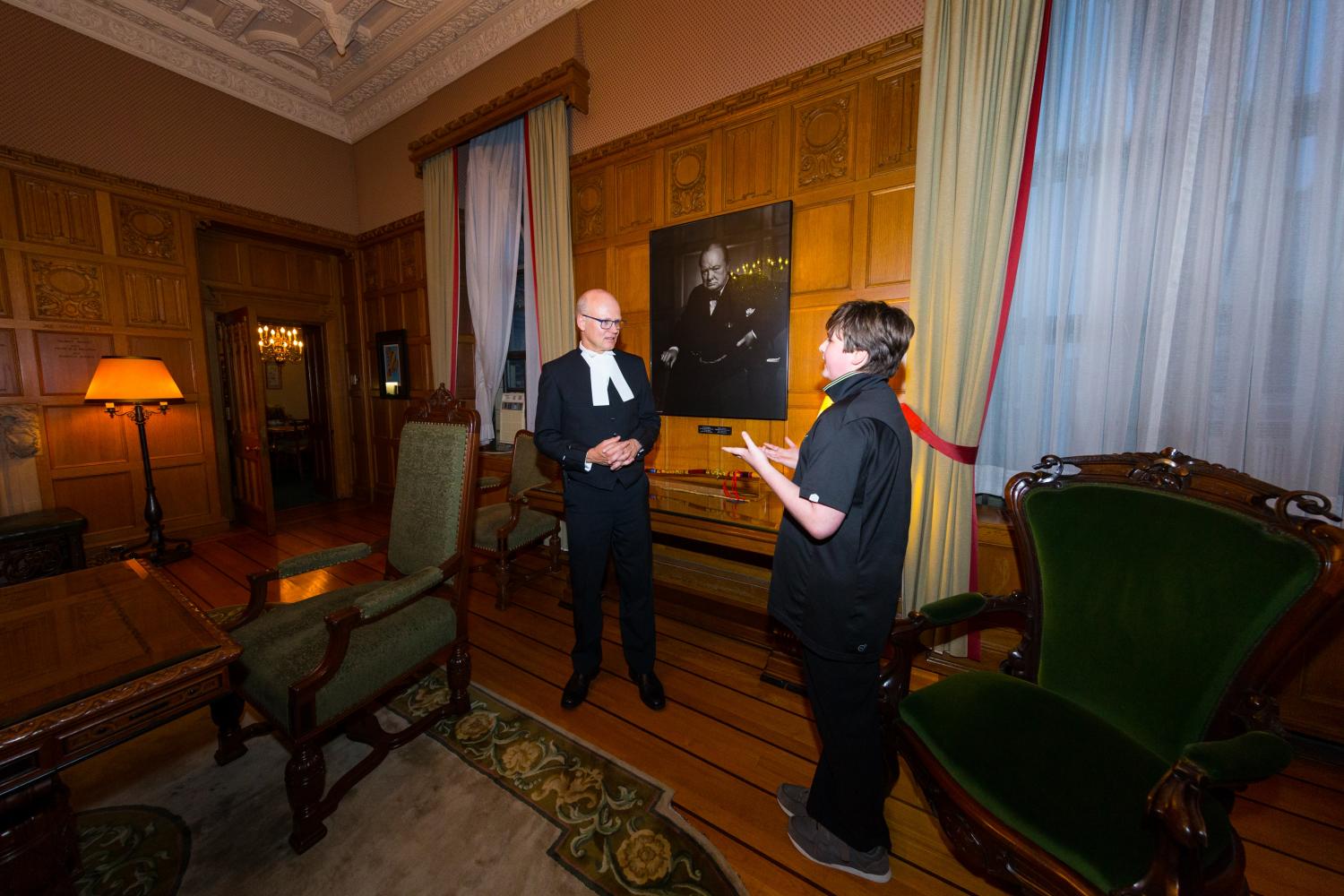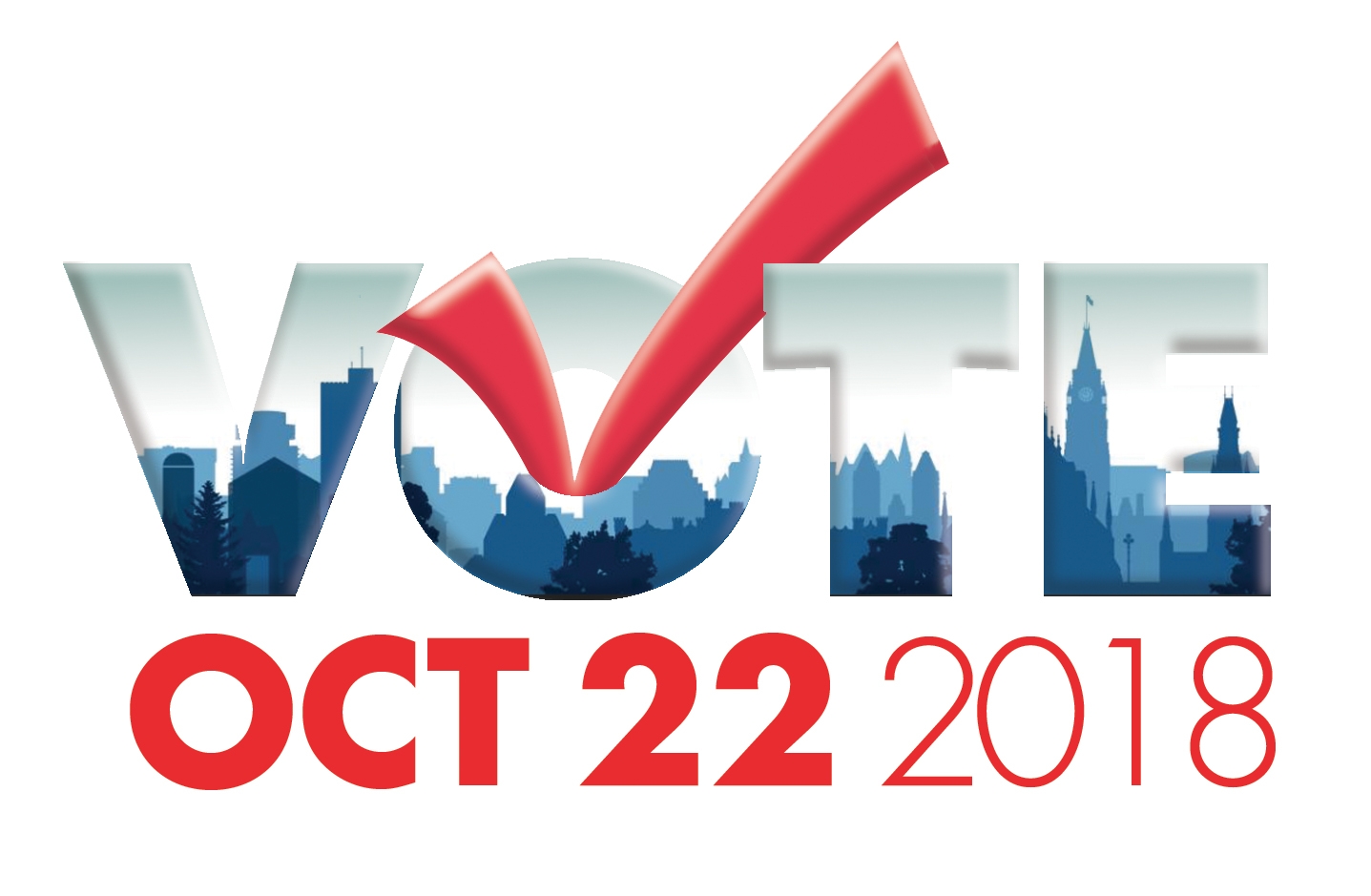
Awareness is Great but Let’s Promote Understanding in Mental Health
Captured above: Jacob with the Speaker of the House of Commons, the Hon. Geoff Regan, P.C. M.P.
Today is World Mental Health Day according to the World Health Organization, and the theme is Young People and Mental Health in a Changing World. What a great way to resurrect J and J Gibberish! This one is epically long but given the day, I hope you will indulge.
A word about mental illness (I hate the term but let’s stick with it)
As I think about today, I am struck by the fact that half of all mental illness begins by the age of 14, but most cases go undetected and untreated. In terms of the burden of the disease among adolescents, depression is the third leading cause. Suicide is the second leading cause of death among 15-29-year-olds. That is seriously alarming.
The reality is mental illness is still not treated with the same respect as other physical illnesses. Let’s look at cancer for a moment. Anyone who has joined the horrible club of having someone you know suffer, knows that cancer patients don’t give up without a fight. Cancer is horrific. The ravages of treatment for the patient and the horrors of watching someone you love deteriorate is soul destroying. But you can see it. It is a tangible disease that destroys.
However, you can also see the fight to live in those who get it. Their will and drive to overcome cancer is unanimous.
For people who suffer a mental illness, sometimes the fight to stay alive disappears and when that will to live is not there, that means an illness has set in What causes it, how does it happen and why? Beats me to be honest. Mental illness takes many different forms and for every person, just like cancer, the illness is different.
All those questions about the brain and how it works is still a mystery to me even after years of living with it with Jacob.
All I know is that when he says to me “Mom, even the pills can’t make it stop in my head,” there is something viscerally wrong and his brain is being attacked. Maybe that is the way we should look at mental illness, that the brain and soul are being attacked just as cancer attacks the human body. Viewed in that light, maybe it will make it real for people. Awareness is one thing, as I have discovered on this journey with Jacob, but understanding is a whole other kettle of fish.
That is my one point one on mental illness. Let’s look at the illness as exactly that, an illness. Severe mental illness, like the kind that exists in the Jacobs of the world (be they kids or adults) are the more severe cases, need treatment probably for life. Like cancer, while it can go into remission giving a patient relief and peace, it can go and come back.
Short-term mental health challenges are not mental illness
However, the other reality is not everyone is like that, and certainly not kids. Kids are resilient, they can overcome challenges and given kids are the focus of today, I will say this: there is hope when kids get care.
I know of many, countless youth in fact, who, at one time or another suffer some kind of trauma, be it at the hands of peers or adults. When a neurotypical kid (a kid who is developing without neurological issues) has negative experiences or suffers trauma or incredibly negative experiences, it can be devastating. There is absolutely no question about that. It is devastating for the child and for the family and can be a dizzying experience.
However, and here is the hope and the wonders of the human brain, with the proper medical interventions, strategies and coping mechanisms, neurotypical kids stand a very good chance of overcoming those traumas. There is a BIG difference between suffering adversity that causes short term mental health challenges and mental illness itself. That needs to be addressed also in the system.
And when those challenges are overcome, kids can flourish. Again, let’s view mental health challenges like we do a broken arm or physical disease that needs care. If you don’t treat those, then there are long term repercussions. The same applies to mental health challenges. Left untreated, mental health challenges can grow to be huge problems. Treated, they can be overcome.
Look, I could go on forever on this topic but let’s keep on the hope theme and work with helping kids cope in today’s crazy world.
Awareness versus Understanding
One last thought. In my journey with Jacob, we have spent a lot of time focused on raising awareness. Jacob himself has been an advocate for change. He wants to help change the world. Bless him. He started with Parliament Hill. He has appeared before three parliamentary groups (one Senate caucus, and two House committees) and in doing so, he is doing his part to put a face to mental illness. He did it at ages 10 and 14.
The fact that there is a mental health caucus now on the Hill is an amazing development. The fact that MPs on all sides are talking about mental health is good. The fact that there are wellness sessions for MPs is another good thing. MPs are organizing mental health town halls, hats off to James Maloney, MP for Etobicoke-Lakeshore. Lloyd Longfield held a big awareness event on the Hill in June. These are positive developments that will hopefully one day lead to a national mental health strategy.
Awareness is one thing. Understanding is another and there is a difference and without understanding, change is difficult. When people are touched directly by someone who suffers, it makes it real for them. Jacob does that.It is a gift of his beautiful self.
Jacob touches people when he talks to them. He brings mental illness alive as he melts down in public, as he politely tells people he can’t be touched by humans, or that he can’t use personal pronouns for fear of contamination. However, he also shows there is a brilliant person in there too. While the illness is obvious, in a brief conversation with Jacob, people also see the person he is.
I had two recent experiences of that lately (one I will talk about next week… an encounter with Colonel Chris Hadfield) and I realized that while awareness happens in a general sense, understanding occurs with human contact and personal experience. That is critical for overall change.
Here is a case in point. Last week was mental health week and Jacob and I attended a reception hosted by the Speaker of the House of Commons, the Hon. Geoff Regan. Before I could stop him, Jacob, who has no filters, ambushed the Speaker to tell him that he knew there was a portrait of Winston Churchill in his office.
Instead of stopping it, I watched the Speaker for his reaction. He could have rebuffed and just pushed Jacob aside politely. He didn’t. Not only did he stop talking to all the CEOs and leaders of mental health organizations there for the event to focus on Jacob, he took Jacob to his office to show him the portrait and he listened to Jacob for 10 minutes talk about Sir Winston Churchill and how he too suffered from OCD. He left his own event to be with Jacob. That is understanding. He took the time to listen to Jacob talk about his challenges, but also, the two shared a connection through a love of history.
This was not some Speaker duty thing, this was two human beings connecting and it was beautiful to witness. That connection I am convinced led to understanding far more than an info deck or statistics could do. They paint a picture but not the people.
Mental health is a complicated thing. There is no question that for the average person, it is a lot to fathom. Mental health challenges versus mental illness, awareness versus understanding, recovery versus recurrence. It is dizzying. Days like today help on the awareness front without a doubt, but more needs to be done for change. When I say change, I mean changes in the system to better help patients and to promote understanding at the societal level.
But when it happens one person at a time, it gives hope. And isn’t all change possible one person at a time? When all those people join together, a revolution can occur. Here’s to that.












